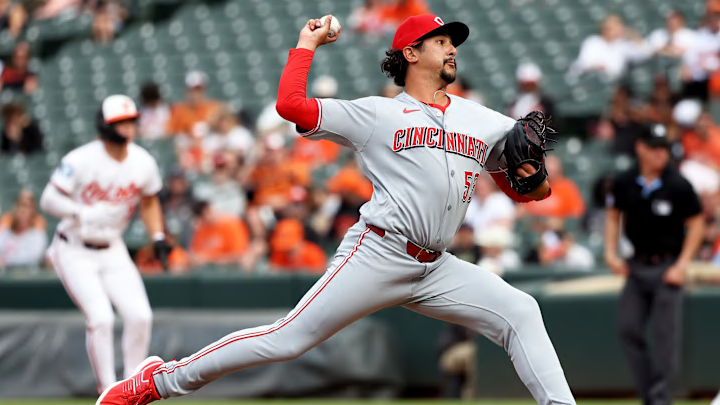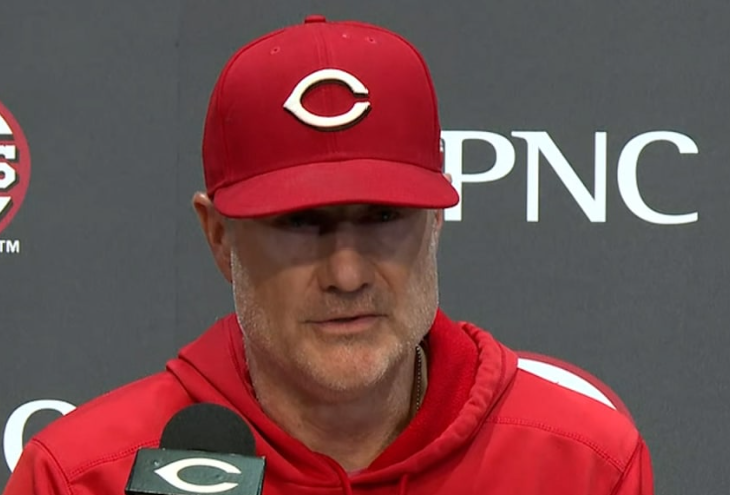Randy Wynne has decided to pursue free agency instead of signing a new deal with the Cincinnati Reds. The move, while not headline-grabbing on the national scale, carries implications for both the pitcher and the Reds’ minor league pitching depth. At 32 years old, Wynne posted a 3.38 ERA, a solid mark suggesting he can still contribute, particularly as an organizational depth piece or a fringe major league option.
This development is notable because major league players cannot officially file for free agency until five days after the World Series ends. However, since Wynne was on a minor league deal and had been outrighted off the 40-man roster, he qualified to opt out early. He had previously been outrighted more than once in his career, which granted him the right to elect free agency immediately.
The Reds had removed Wynne from their 40-man roster at some point during the 2025 season and did not tender him a return contract. That lack of a contract offer likely made the decision easier for Wynne, who now has the freedom to explore opportunities with other organizations, possibly ones with greater need or interest in his services.

This doesn’t completely close the door on a return to Cincinnati. Players often test the market to assess their value and then circle back to their former clubs, especially if mutual interest remains. The Reds could still bring him back on a minor league deal if he doesn’t find a more favorable offer elsewhere.
Wynne’s numbers suggest he could be a valuable arm for a team seeking pitching depth or stability in the high minors. While not a high-velocity pitcher, his ability to limit runs and manage games could make him an attractive, low-cost addition for a team looking to bolster its Triple-A rotation or keep a veteran option available for spot starts.
His departure also highlights the constant churn at the edges of major league rosters. Teams like the Reds often cycle through pitchers like Wynne, balancing performance, roster flexibility, and long-term development. Players in Wynne’s position rarely have security, so free agency represents both a risk and an opportunity.
As the offseason unfolds, Wynne will now navigate a crowded market of minor league free agents. His experience and recent performance may give him a slight edge, but much will depend on team needs, injuries, and available roster spots. Where he lands next could shape the next chapter of his professional career.
For the Reds, it’s one more decision point in a broader effort to restructure their pitching depth. Whether or not they pursue Wynne again, his exit leaves a slot to fill—and opens a window for a younger arm to rise or for another veteran to step in.




